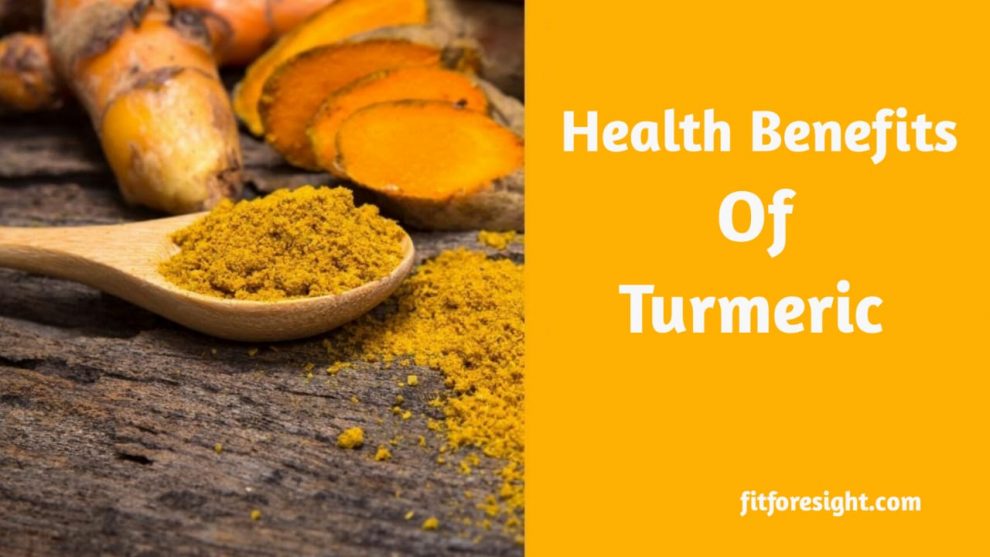In the quest for optimal well-being, individuals are increasingly turning to natural remedies and holistic approaches. One such remedy that has gained significant attention in recent years is turmeric. This golden-hued spice, often found in curries, has garnered a reputation for its potential health benefits. Let’s delve deeper into the world of turmeric and uncover its remarkable advantages.
Turmeric: A Natural Wonder
Turmeric, scientifically known as Curcuma longa, is a flowering plant native to South Asia. Its root is the source of the vibrant yellow spice we commonly use in cooking. However, turmeric’s value extends beyond its culinary appeal. This spice has been cherished for centuries in traditional medicine systems like Ayurveda for its medicinal properties.
Harnessing the Power of Curcumin
At the heart of turmeric’s health benefits lies curcumin, a bioactive compound responsible for its distinctive color and therapeutic potential. Curcumin is a powerful antioxidant and anti-inflammatory agent that offers a wide range of health advantages.
Health Benefits of Turmeric
1. Anti-Inflammatory Properties
Inflammation is a natural response by the body to injury or infection. However, chronic inflammation can lead to various health issues, including heart disease, arthritis, and cancer. Curcumin in turmeric has been shown to combat chronic inflammation effectively.
2. Joint Health
Turmeric’s anti-inflammatory properties also make it beneficial for joint health. People suffering from conditions like osteoarthritis may find relief in incorporating turmeric into their diets.
3. Digestive Aid
Turmeric aids in digestion by stimulating bile production, which helps break down fats. This can alleviate common digestive discomforts and promote better overall gut health.
4. Skin Health
The antioxidants in turmeric can contribute to healthy and glowing skin. Some people use turmeric face masks to address skin issues such as acne and eczema.
5. Brain Health
Emerging research suggests that curcumin may have neuroprotective properties, potentially reducing the risk of neurodegenerative diseases like Alzheimer’s.
6. Heart Health
Turmeric may help improve heart health by reducing cholesterol levels and enhancing blood vessel function, thereby lowering the risk of heart disease.
How to Incorporate Turmeric into Your Diet
Now that we’ve explored the myriad benefits of turmeric, you might be wondering how to include it in your daily routine. Here are some easy and delicious ways to incorporate turmeric into your diet:
1. Turmeric Tea
Enjoy a soothing cup of turmeric tea by adding a pinch of turmeric powder, honey, and lemon to hot water.
2. Golden Milk
Golden milk, made by mixing turmeric with warm milk and spices, is a popular and comforting beverage.
3. Turmeric Smoothie
Boost the nutritional value of your morning smoothie by adding a teaspoon of turmeric powder.
4. Turmeric Roasted Vegetables
Enhance the flavor and health benefits of roasted vegetables by sprinkling them with turmeric before baking.
5. Turmeric in Curries
Of course, don’t forget to include turmeric in your curry recipes for its authentic flavor and healthful properties.
Conclusion
Turmeric, with its potent curcumin content, offers a wide array of health benefits, ranging from anti-inflammatory effects to potential benefits for heart and brain health. By incorporating this golden spice into your daily diet, you can harness its natural wonders and work towards a healthier, more vibrant you. Remember, always consult with a healthcare professional before making significant changes to your diet, especially if you have existing health concerns.

























Add Comment